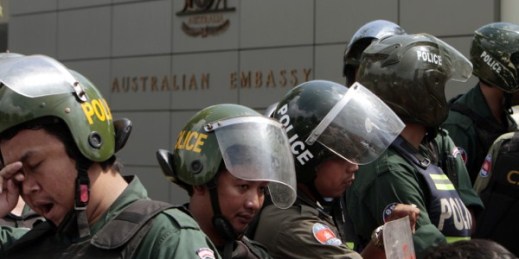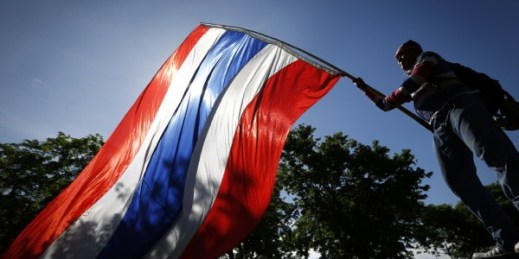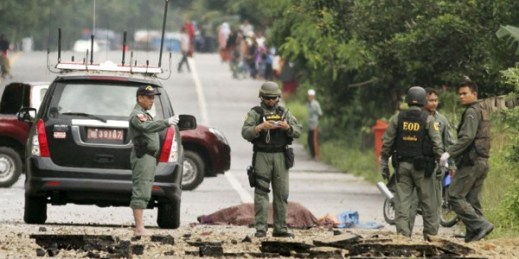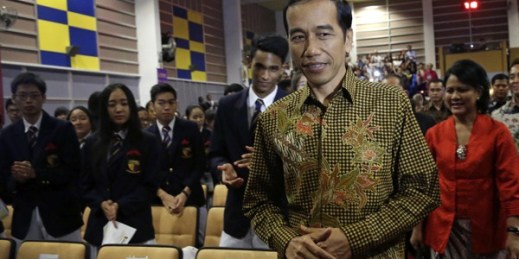
In September, the Australian government agreed on a deal to send refugees currently housed on the Pacific Island nation of Nauru to Cambodia for permanent resettlement. The agreement is a new twist in the Australian government’s efforts to deter asylum seekers arriving by boat on its northern shores. The Pacific island nation of Nauru currently hosts some 1,233 asylum seekers transferred there by Australia under a separate, earlier agreement, and they are still awaiting determination of their refugee claims. The Cambodian agreement is important for Australia because it provides a long-term solution for refugees on Nauru that does not jeopardize […]




